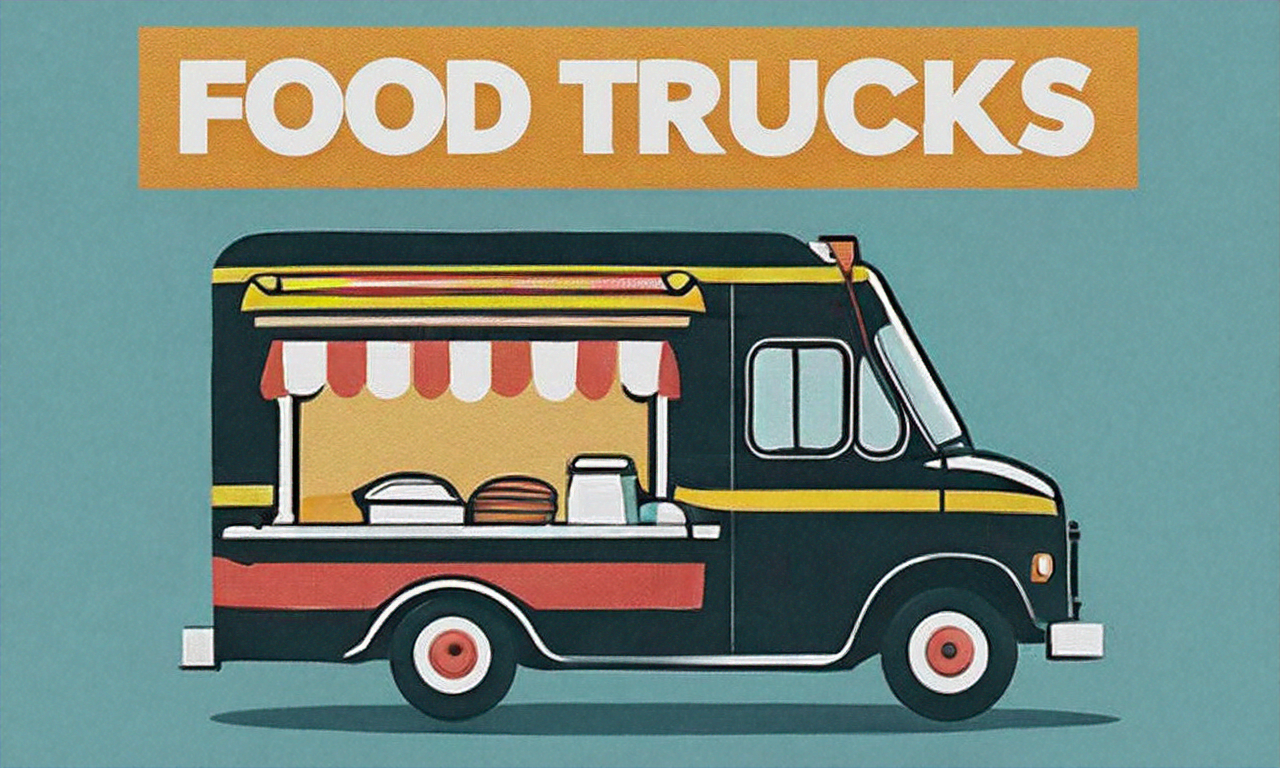Rent to Own Food Trucks: A Tasty Path to Business Ownership
Starting a food truck business can be an exciting venture for aspiring entrepreneurs in the culinary world. However, the initial investment required to purchase a fully-equipped food truck can be a significant barrier for many. This is where rent to own food trucks come into play, offering a more accessible path to business ownership in the mobile food industry.

How Does the Rent to Own Process Work?
The rent to own process for food trucks generally follows these steps:
-
Application and approval: Interested entrepreneurs apply with a rent to own provider, who assesses their business plan and credit history.
-
Truck selection: Once approved, the lessee chooses a food truck that meets their business needs and budget.
-
Lease agreement: Both parties sign a contract outlining the terms, including monthly payments, lease duration, and purchase option details.
-
Operation: The lessee takes possession of the food truck and begins operating their business.
-
Purchase option: At the end of the lease term, the lessee can choose to buy the truck outright, often with a portion of their lease payments applied to the purchase price.
What are the Benefits of Rent to Own Food Trucks?
Rent to own food trucks offer several advantages for aspiring mobile food entrepreneurs:
-
Lower initial investment: This option requires less upfront capital compared to purchasing a food truck outright, making it more accessible for those with limited funds.
-
Flexibility: Lessees can test their business concept and market viability without the long-term commitment of ownership.
-
Maintenance support: Many rent to own agreements include maintenance and repair services, reducing the operational burden on the lessee.
-
Build credit: Regular payments can help establish or improve the lessee’s credit history, potentially making future financing easier.
-
Try before you buy: The lease period allows entrepreneurs to ensure the food truck business is the right fit before committing to ownership.
What Should You Consider Before Renting to Own a Food Truck?
Before entering into a rent to own agreement for a food truck, consider the following factors:
-
Total cost: Compare the overall cost of renting to own versus purchasing outright or traditional financing options.
-
Contract terms: Carefully review the lease agreement, including payment terms, maintenance responsibilities, and purchase option details.
-
Equipment quality: Ensure the food truck is well-equipped and meets health department regulations for your intended cuisine.
-
Business plan: Develop a solid business plan to ensure you can meet the regular payments and build a sustainable operation.
-
Location restrictions: Check local regulations regarding food truck operations in your target areas.
What are the Typical Costs Associated with Rent to Own Food Trucks?
The costs of rent to own food trucks can vary widely depending on factors such as the truck’s size, equipment, and condition. Here’s a general overview of potential costs:
| Item | Estimated Monthly Cost | Estimated Total Cost (36-month term) |
|---|---|---|
| Lease Payment | $1,500 - $3,000 | $54,000 - $108,000 |
| Insurance | $200 - $500 | $7,200 - $18,000 |
| Maintenance | $100 - $300 | $3,600 - $10,800 |
| Fuel | $300 - $600 | $10,800 - $21,600 |
| Total | $2,100 - $4,400 | $75,600 - $158,400 |
Prices, rates, or cost estimates mentioned in this article are based on the latest available information but may change over time. Independent research is advised before making financial decisions.
How Can You Find Rent to Own Food Truck Opportunities?
To find rent to own food truck opportunities, consider the following avenues:
-
Online marketplaces: Websites specializing in food truck sales and rentals often have rent to own listings.
-
Food truck manufacturers: Some manufacturers offer rent to own options directly to entrepreneurs.
-
Local food truck associations: These organizations may have information on rent to own opportunities in your area.
-
Financial institutions: Some banks or credit unions may offer rent to own programs for food trucks.
-
Networking: Connect with existing food truck owners who might be looking to sell or lease their vehicles.
Rent to own food trucks offer an innovative solution for aspiring mobile food entrepreneurs to enter the market with lower initial costs. By carefully considering the terms, costs, and responsibilities associated with these agreements, individuals can take their first steps towards owning a thriving food truck business. As with any significant business decision, it’s essential to conduct thorough research and seek professional advice to ensure that a rent to own food truck aligns with your long-term goals and financial capabilities.




